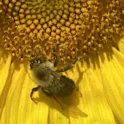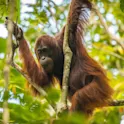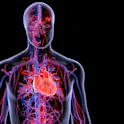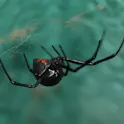
Featured news
05 Jul 2024
Desert-loving fungi and lichens pose deadly threat to 5,000-year-old rock art
Researchers sampled microflora from the rocks bearing unique, millennia-old petroglyphs in the Negev desert. The diversity and abundance of species found on these rocks was low, suggesting that few can survive the harsh conditions. Most identified species from the petroglyphs were specialized microcolonial fungi and lichens, known to damage rock art through mechanical and chemical means. The authors cautioned that these natural deterioration processes can’t be stopped, making it necessary to monitor and document this important cultural heritage.













